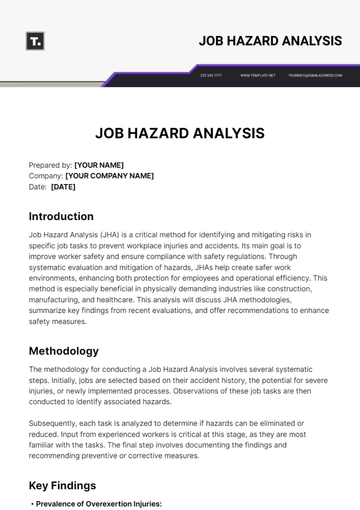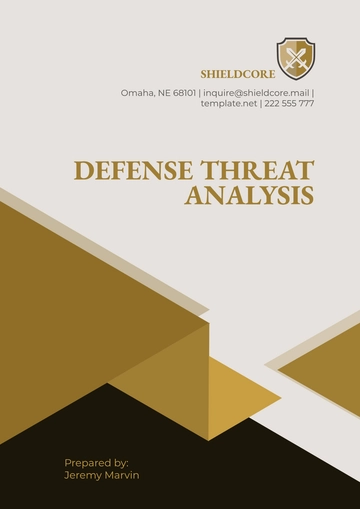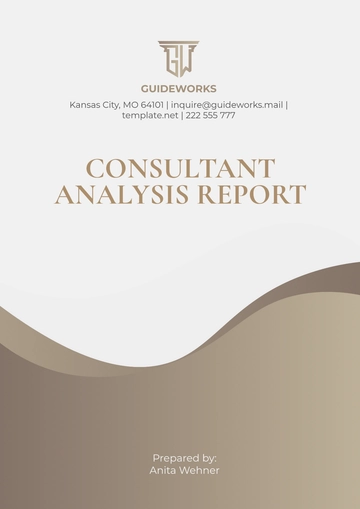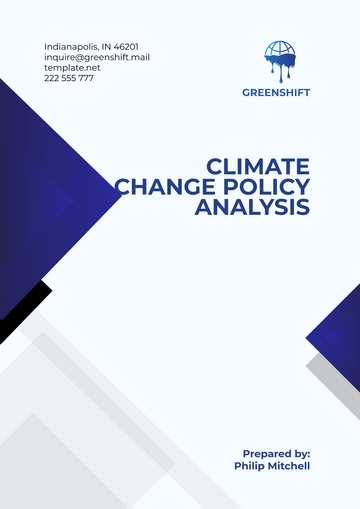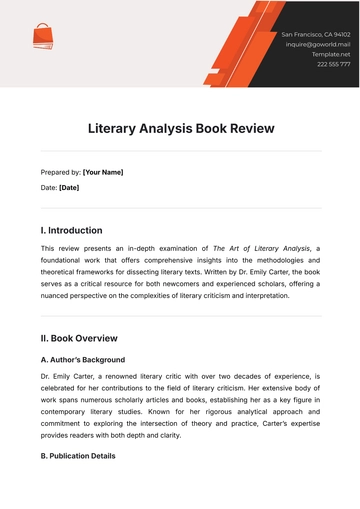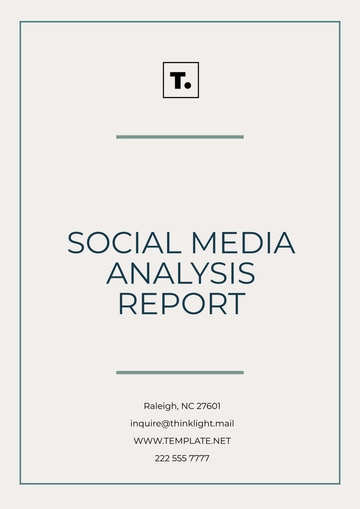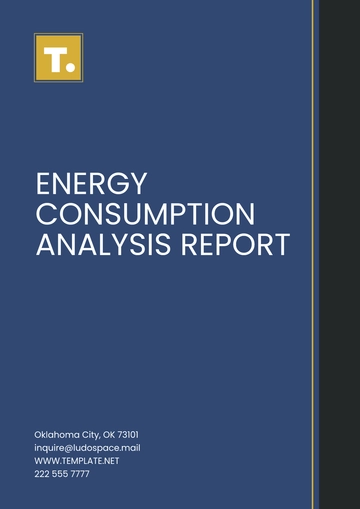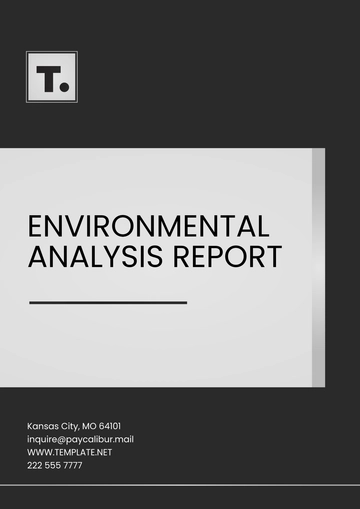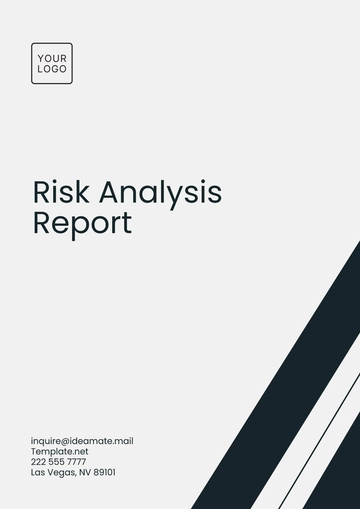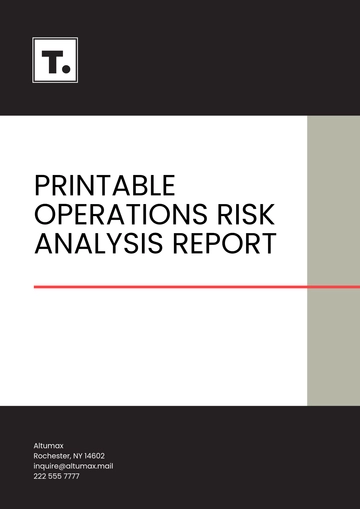Free Unreliable Narrative Literary Analysis
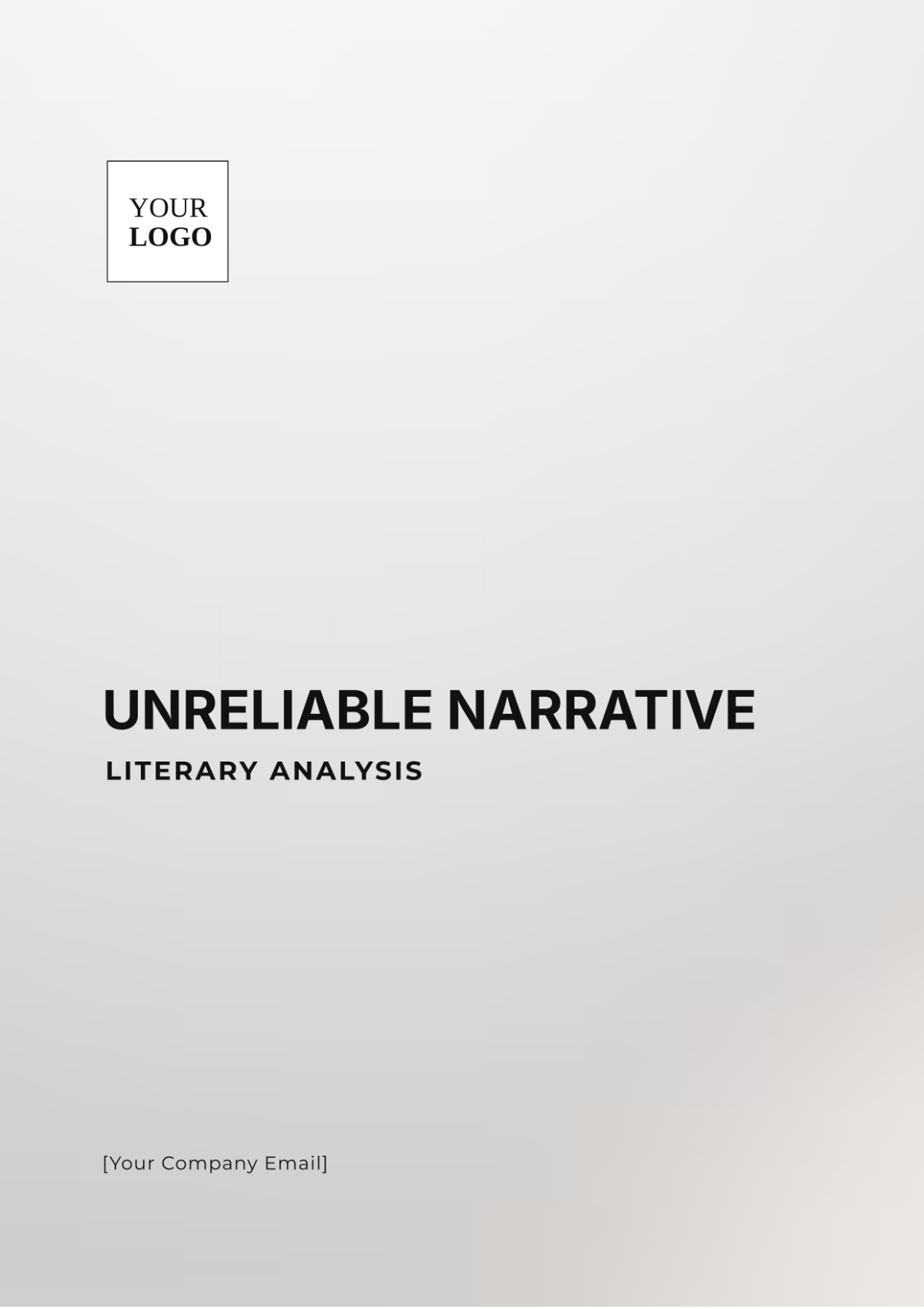
Prepared By: [Your Name]
I. Introduction
In literary tradition, the unreliable narrator diverges from the conventional expectation of trustworthiness in storytelling. This narrative device challenges readers' perceptions, embracing ambiguity and fostering deeper analytical engagement. An unreliable narrator, whether through intentional deceit or unconscious distortion, presents a complex puzzle that invites readers to question the nature of truth within the narrative.
II. Characteristics of Unreliable Narrators
Identifying unreliable narrators can be challenging, but several key traits often signal their unreliability:
Contradictions: The narrator’s account may contain inconsistencies, either in the sequence of events or in their statements, undermining the credibility of the narrative.
Mental Instability: Signs of delusion, hysteria, or other psychological disorders often suggest that the narrator’s perception of reality is compromised.
Limited Knowledge: The narrator may lack crucial information or have a flawed understanding of key events, leading to an incomplete or misleading account.
Biased Perspective: A skewed or prejudiced view of characters or events reveals the narrator’s subjective, and often unreliable, interpretation of the truth.
Overt Lies: The narrator may deliberately mislead other characters or the reader, creating a false narrative that the audience must carefully unravel.
III. Types of Unreliable Narrators
Unreliable narrators can take many forms, each bringing a unique twist to the narrative:
The Picaro: A rogue or scoundrel, this narrator’s unreliability often stems from their questionable ethics, exaggerated storytelling, and disregard for the truth.
The Madman: Characterized by a distorted reality, these narrators often suffer from psychological disorders that warp their perception of events, making their narrative unreliable.
The Naïf: An innocent or naive character, often a child or someone with limited experience, whose lack of understanding leads to a distorted and unreliable account of events.
The Liar: This narrator intentionally deceives the audience, weaving a complex web of lies that the reader must carefully navigate to uncover the underlying truth.
IV. Impact on Reader Engagement
The presence of an unreliable narrator significantly alters the reader’s engagement with the text, enhancing the reading experience in several ways:
Enhanced Critical Thinking: Readers are compelled to actively discern the truth, sharpening their analytical and interpretative skills as they sift through the narrative’s layers.
Emotional Response: The discovery of deception or the realization of a distorted truth can evoke strong emotions, ranging from betrayal to intrigue, deepening the reader’s connection to the story.
Multiple Interpretations: The ambiguity introduced by an unreliable narrator allows for diverse interpretations and invites debate, enriching the overall discourse surrounding the text.
V. Examples from Literature
Both classic and contemporary literature offer compelling examples of unreliable narrators. Here are a few notable instances:
Work | Author | Narrator | Unreliable Traits |
|---|---|---|---|
The Catcher in the Rye | J.D. Salinger | Holden Caulfield | Adolescent bias, psychological distress |
Life of Pi | Yann Martel | Pi Patel | Ambiguous reality, survival narrative |
Fight Club | Chuck Palahniuk | The Narrator | Alter-ego, psychological breakdown |
The Yellow Wallpaper | Charlotte Perkins Gilman | Unnamed Female Narrator | Postpartum depression, hallucinations |
VI. Conclusion
Unreliable narrators are one of the most enriching and multidimensional devices in literature. Their presence transforms the reading experience into a labyrinth of uncertainty, urging readers to engage with the narrative on multiple levels. Through their twisted tales, we not only uncover the story but also delve into deeper themes of truth, perception, and the complexities of the human experience. As we navigate their unreliable accounts, we are reminded that truth in storytelling is often as elusive and multifaceted as truth in life.
- 100% Customizable, free editor
- Access 1 Million+ Templates, photo’s & graphics
- Download or share as a template
- Click and replace photos, graphics, text, backgrounds
- Resize, crop, AI write & more
- Access advanced editor
Explore unreliable narrators with Template.net's Unreliable Narrative Literary Analysis Template. This editable and customizable template assists in analyzing the impact of unreliable narration on storytelling. Editable in our AI Editor Tool, it offers a structured approach to examining how unreliability affects character perception, plot development, and reader engagement in literary works.

